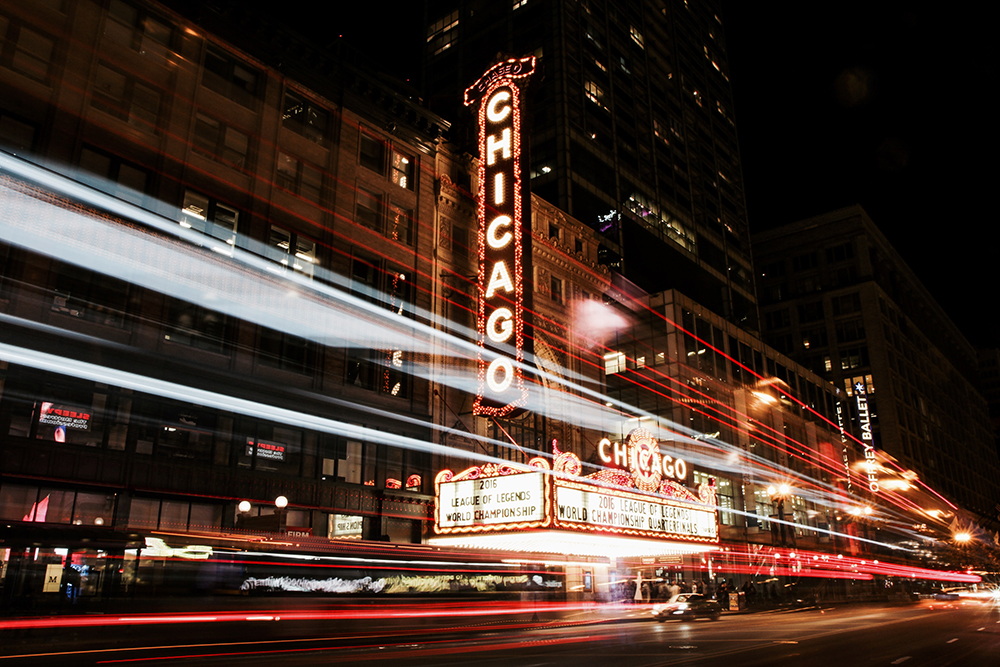Any change to the current Australian way of life is many weeks away, according to the Prime Minister, so are other nations looking at easing coronavirus lockdown measures?
Posted
April 14, 2020 15:45:35
For more than four weeks, Australians have been holding virtual work meetings, dining in, and generally avoiding leaving the house in a bid to slow the spread of coronavirus. But could there be light at the end of the tunnel?
This morning, Prime Minister Scott Morrison told Sunrise “everyone had pulled together” to limit the spread of coronavirus throughout the country.
The number of new daily infections has decreased, with about 6,350 confirmed cases of the virus and 61 deaths now recorded in Australia.
Mr Morrison said the number of new coronavirus cases over the long weekend was “very low” and the National Cabinet was now “in the process of looking ahead”, but he warned we “can’t get ahead of ourselves”.
“If you take your eye off of this thing and it gets away from you, it writes its own rules,” he said.
Mr Morrison said there were some “prerequisites” that needed to be achieved before the Government would look at easing some of the restrictions, which could be “many weeks away”.
“No country has found their way out of this yet,” he said.
So what is happening elsewhere in the world?
Spain
The death rate in Spain is slowing after the country implemented one of the strictest lockdowns across Europe.
Prime Minister Pedro Sanchez called a halt to all work deemed non-essential on March 29.
Most Spaniards had already been confined to their homes since mid-March.
But now some activities, including construction and manufacturing, are allowed to restart.
Health Minister Salvador Illa has stressed Spain remains in lockdown. Shops, bars and public spaces are set to stay closed until at least April 26.
Italy
Like Spain, Italy once labelled the epicentre of the virus in Europe will also gently ease some of its lockdown measures from tomorrow.
The Italian Government will allow some shops to reopen, but the majority of the lockdown restrictions will remain in place until May 3.
Stay up-to-date on the coronavirus outbreak
Factories will remain closed.
Over the weekend, Italy saw its lowest number of new coronavirus deaths in three weeks.
United Kingdom
The United Kingdom has extended its current lockdown restrictions including the closure of schools, restaurants, bars, gyms, non-essential shops and a ban on gatherings of more than two people into May.
Prime Minister Boris Johnson knows firsthand how serious this virus is after contracting it and spending time in intensive care.
Your questions on coronavirus answered:
UK foreign secretary Dominic Raab, who is filling in for him, said during a press conference earlier today a meeting of scientific advisers would take place this week to review evidence relating to the current lockdown restrictions.
“We don’t expect to make any changes to the measures currently in place at that point and we won’t until we’re confident as confident as we realistically can be that any such changes can be safely made,” he said.
He said the UK’s plan was “working” but “we are still not past the peak of this virus”.
“We have come too far, lost too many loved ones and sacrificed too much to ease up,” he said.
United States
There are a handful of states across the United States that have imposed few to no restrictions on people but most of the country has gone into full lockdown in a similar fashion to the UK.
US President Donald Trump told reporters yesterday: “When somebody is the president of the United States, the authority is total.”
He said that in response to governors from up to 10 states calling for a cooperative effort to reopen their region’s economy once the coronavirus threat had sufficiently subsided.
Mr Trump said he had the final word on whether restrictions would ease and when the economy could kick back into gear.
The United States has the world’s largest number of COVID-19 deaths, with more than 23,600 lives lost.
Mr Trump is yet to give an indication about when restrictions will ease.
New Zealand
On March 23, Prime Minister Jacinda Ardern announced her country would radically escalate social-distancing and travel-restriction measures as it moved to a level-four alert.
That meant New Zealanders were to stay at home, schools would close, non-essential businesses would close and the borders would effectively be shut.
What the experts are saying about coronavirus:
The New Zealand Government will re-assess the alert level on April 20.
The country has recorded just over 1,000 COVID-19 infections and nine deaths. None of the people who have died have been under the age of 70.
Singapore
Singapore had strict travel restrictions and contact tracing in place before COVID-19 had been given its name.
It avoided that initial increase in transmissions that seemed to get out-of-control in many other countries.
Every person travelling into the country had their health screened on arrival, and every suspected case was tested quickly, allowing for contact tracing to take place.
Positive cases had to self-isolate for 14 days.
But as coronavirus cases start to fall in many other countries, Singapore is now seeing its number of cases skyrocket.
Last Thursday, Singapore had its worst day for new infections, with 287 cases recorded.
For weeks, Singaporeans lived without restrictions, but the city has now gone into partial lockdown.
People are only allowed to leave their homes for essential activities and exercise.
What you need to know about coronavirus:
Topics:epidemics-and-pandemics,
health,
government-and-politics,
world-politics,
respiratory-diseases,
diseases-and-disorders,
covid-19,
australia,
new-zealand,
italy,
singapore,
spain,
united-states,
united-kingdom

